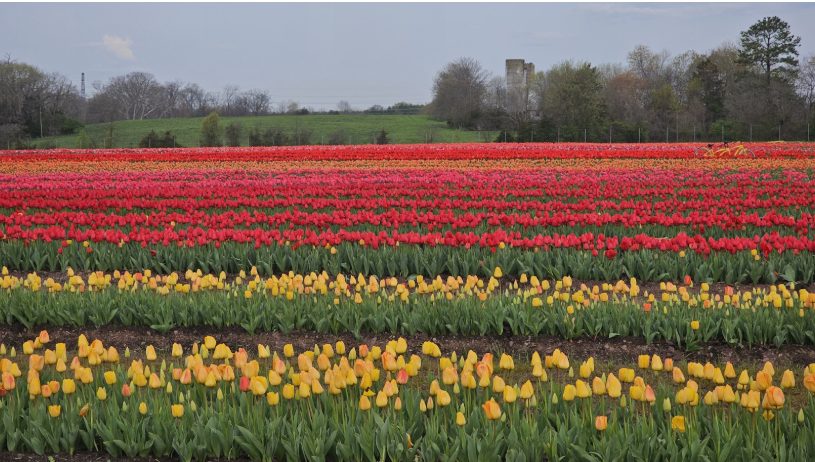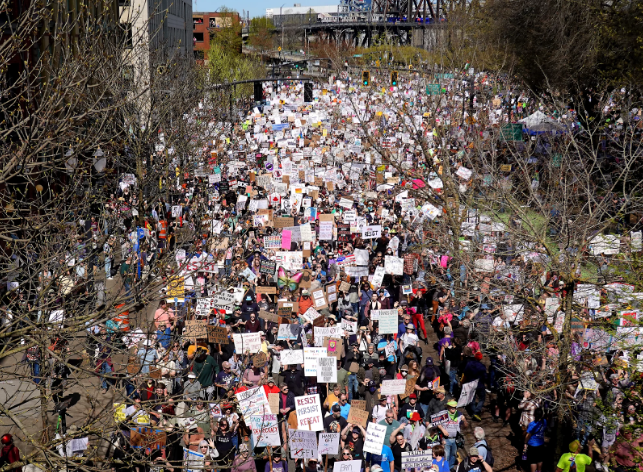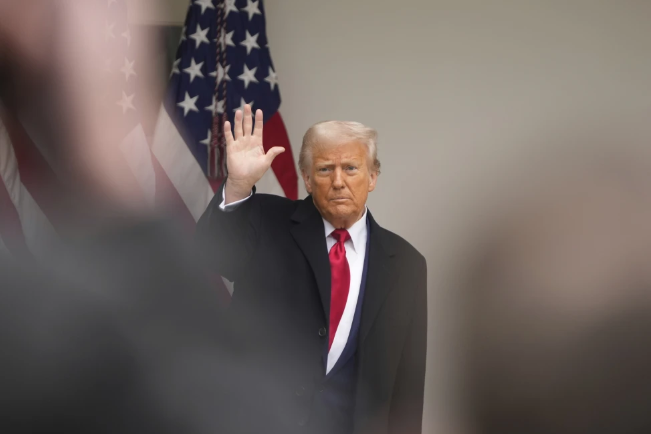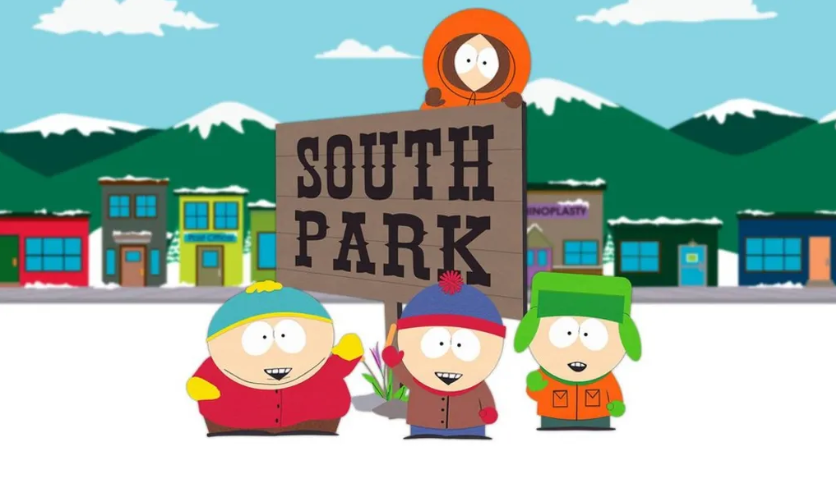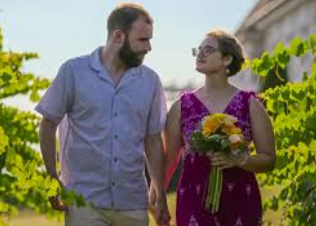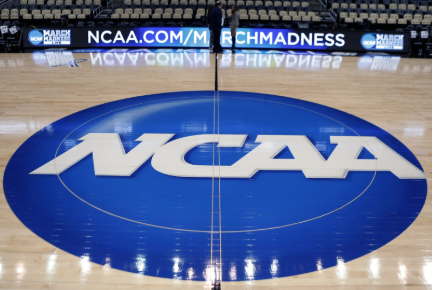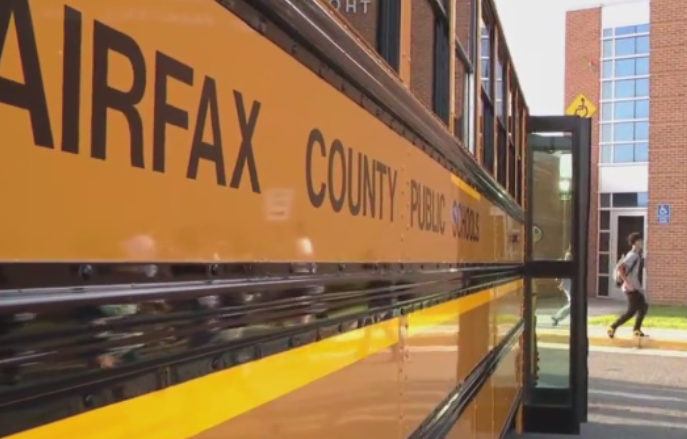
On Tuesday, October 17th, the Indian Supreme Court ruled against legalizing same-sex marriages in a landmark decision. This is a massive setback for LGBTQ+ rights in this largely conservative country with a population of 1.4 billion.
The five-member bench of judges ruled unanimously that the ability to alter marriage law is up to Parliament, not the Supreme Court. “The right to choose one’s partner and the right to recognition of that union ought to be observed, even if the union does not constitute marriage,” wrote Chief Justice Dhananjaya Yeshwant Chandrachud in his verdict. He added that “the judiciary must be careful to not enter into the legislative domain.”
The petitioners argued that the lack of legal precedence in the case of homosexuality violates equality rights based on the idea of legal safeguards. The petitioners believe one benefit of marriage for same-sex couples is the right to adopt children.
Prime Minister Narendra Modi has claimed that the national government has a legitimate interest in preserving marriage as a union between a man and a woman, calling it a foundation of the state. The laws that ban homosexuality date back to the colonial era, and many of them were not overturned until 2018.
A poll from Pew Research of 24 countries this year found that 53% percent of Indians support gay marriage being legalized, up from 14% percent in 2014. Judge Chandrachud said in his judgment that the federal government must protect the fundamental rights of gay citizens, including rights against discrimination. The judges unanimously agreed to protect the right of marriage between transgender individuals as long as one member of the union identifies as a man and the other as a woman.
The government also claimed that answering calls for gay rights would be answering only to “urban elite views.” Justice Chandrachud wrote in response: “queerness is not urban or elite. It is not just an English-speaking man with a white-collar man who can claim to be queer…but equally a woman working in an agricultural job in a village.”
The government proposed a council of experts that would protect the rights of gay Indians. It would also explore the idea of considering gay couples legally as families for the purposes of food assistance, bank accounts, and insurance programs. The council was approved unanimously.










